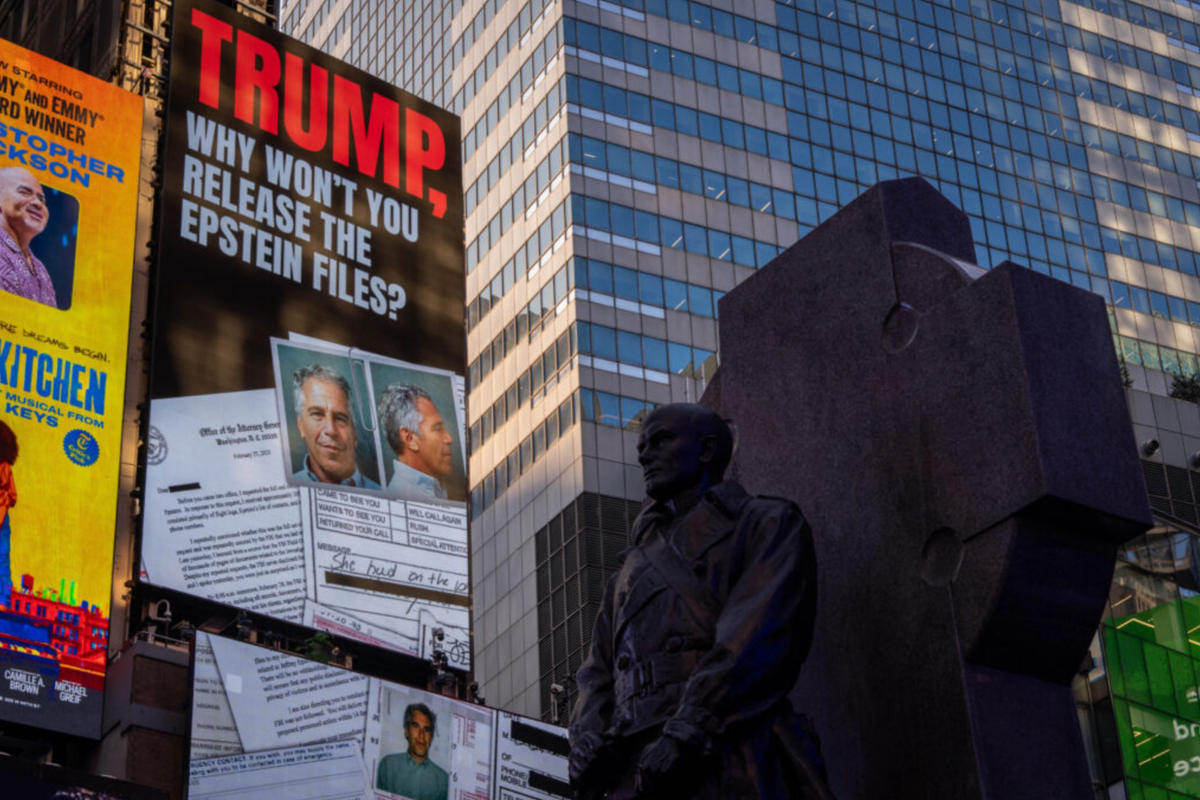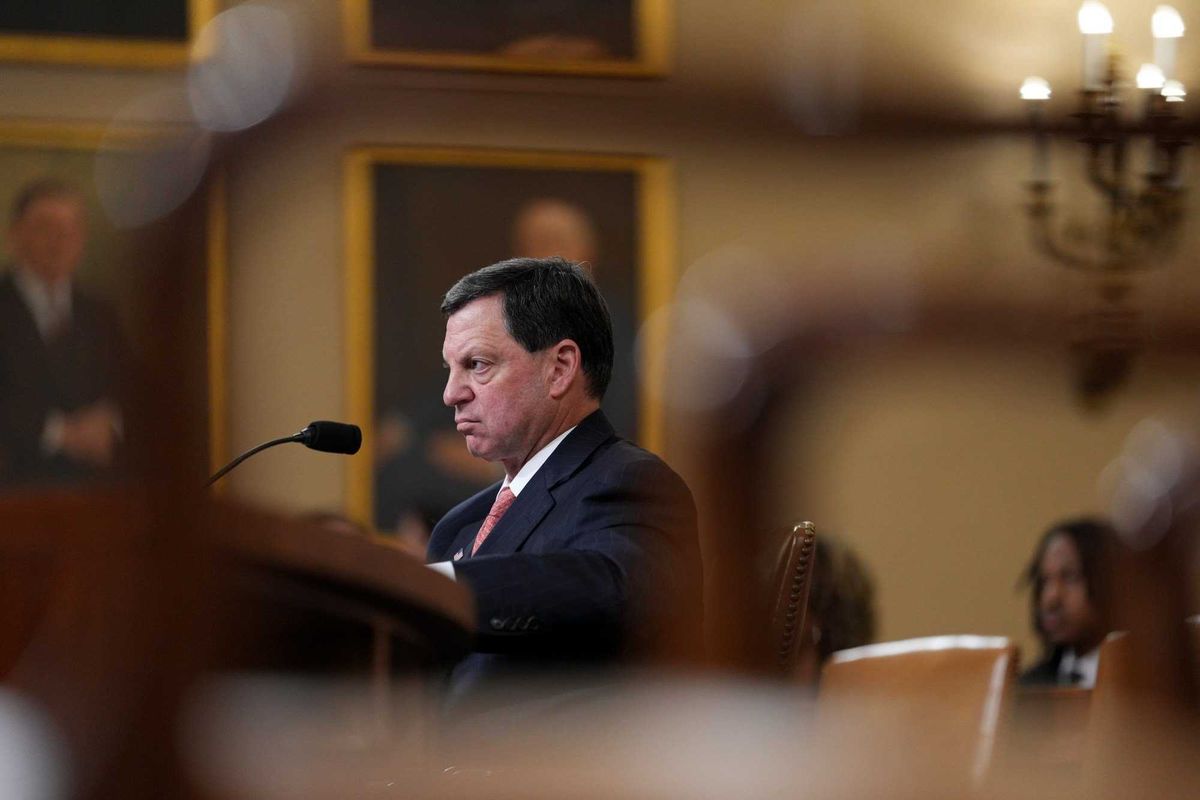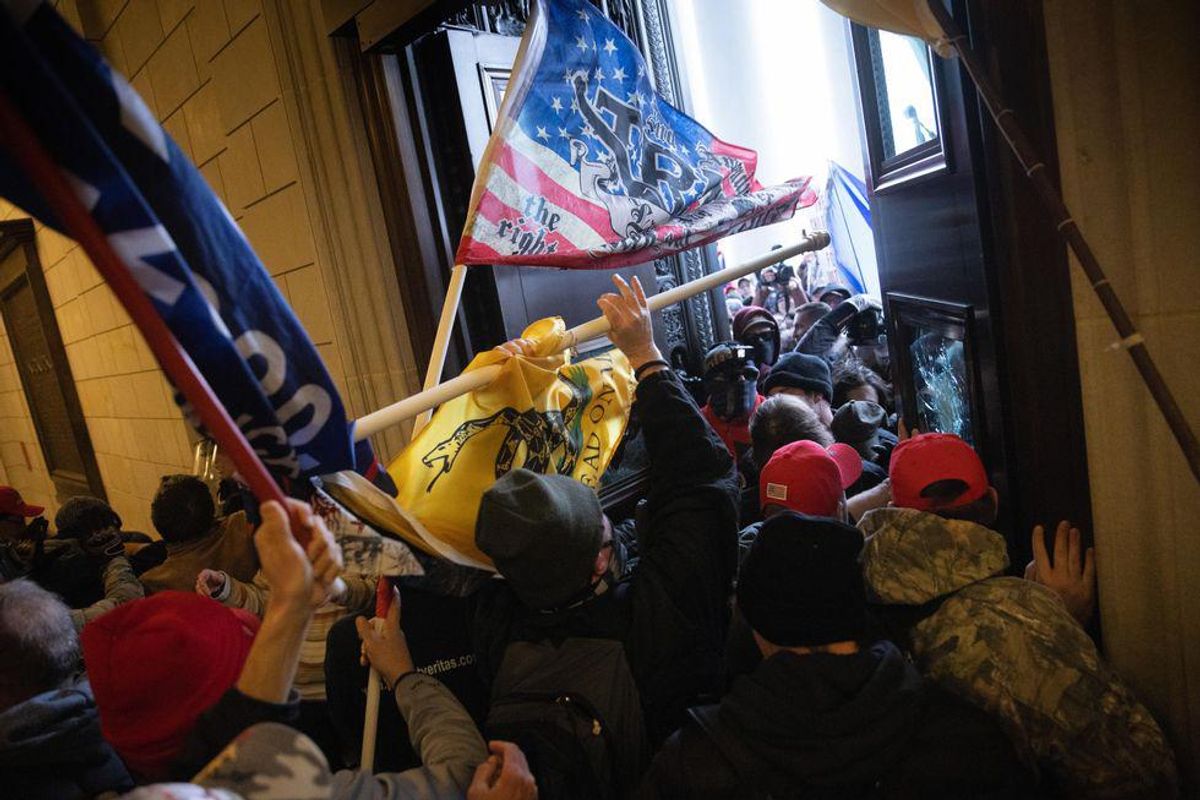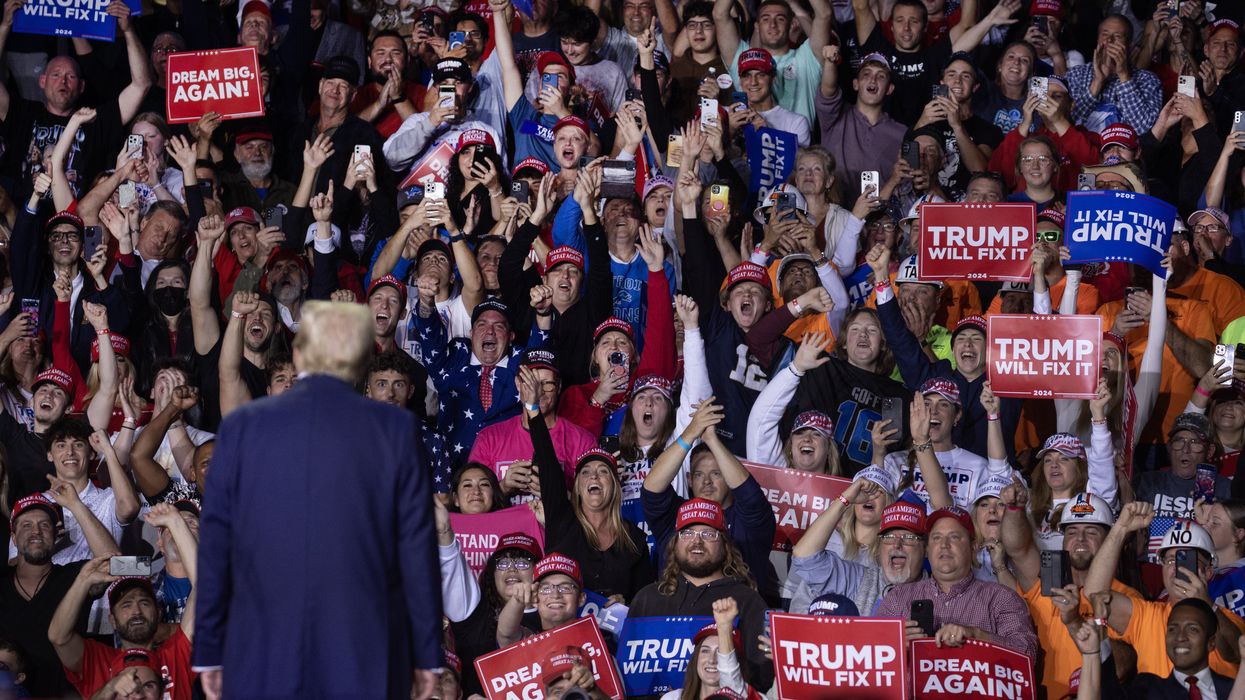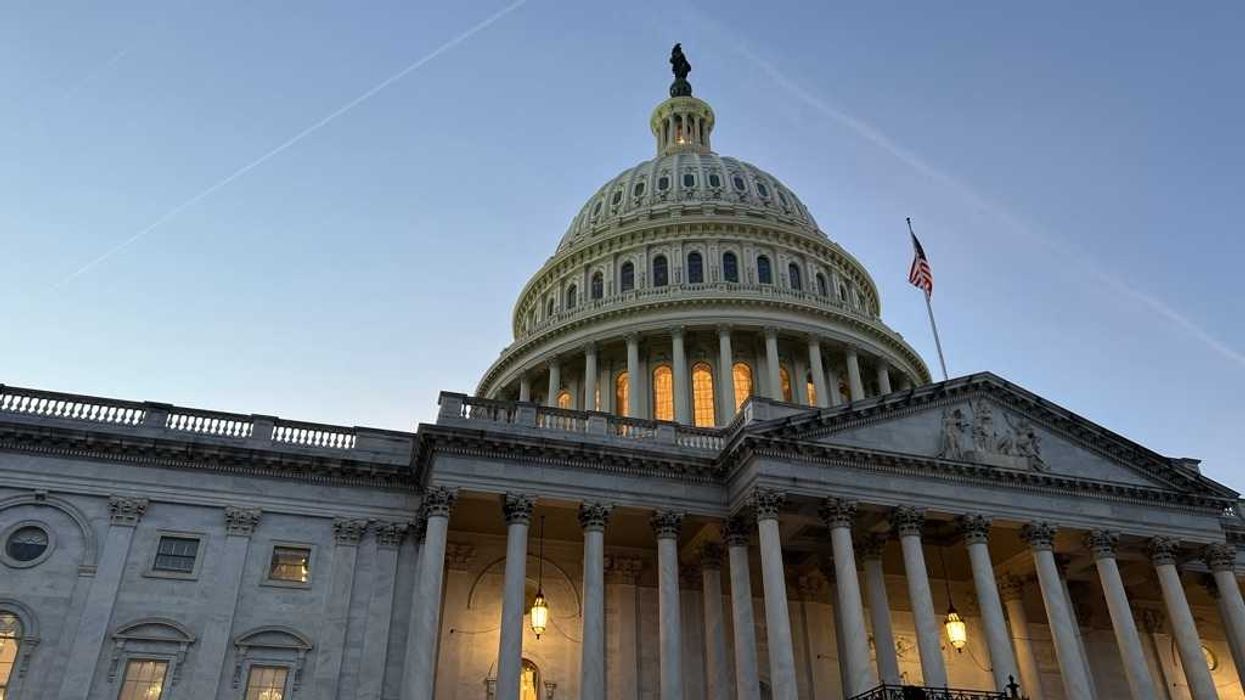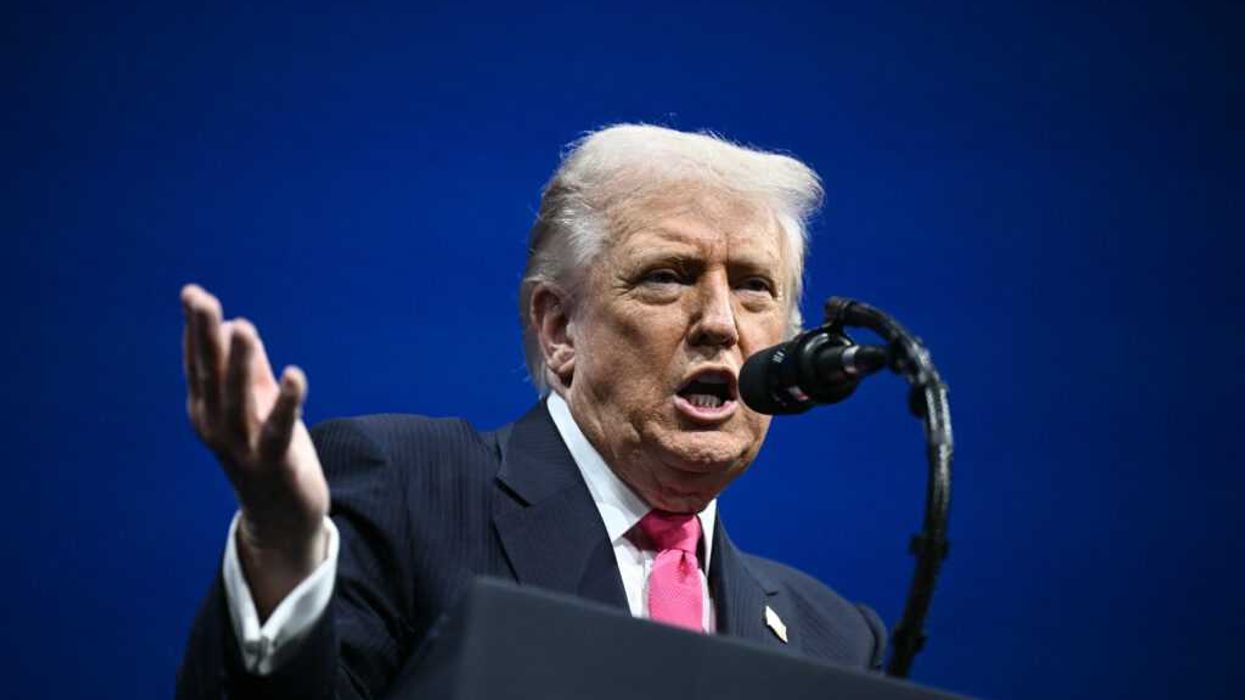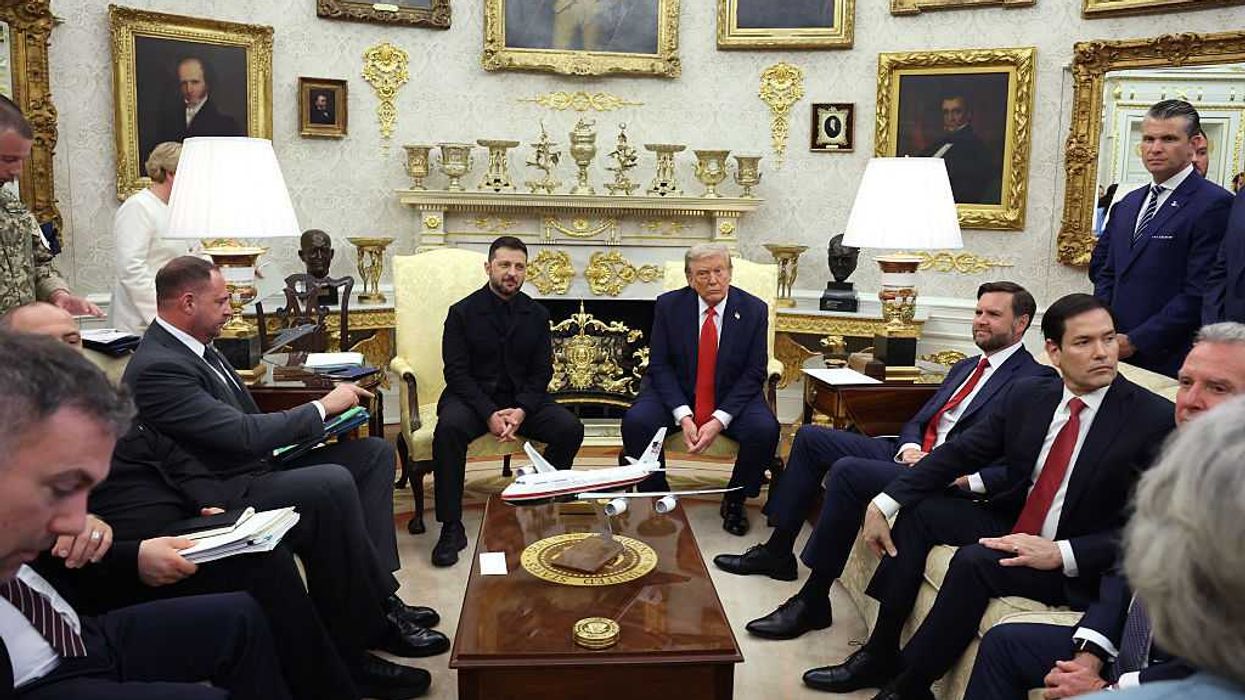In the early 20th century, two thinkers—Russian geochemist Vladimir Vernadsky and French Jesuit philosopher Pierre Teilhard de Chardin—imagined a moment when humanity’s collective consciousness would crystallize into a new planetary layer: the noosphere, from the Greek nous, meaning “mind.” A web of thought enveloping the globe, driven by shared knowledge, science, and a spiritual awakening.
Today, the noosphere is no longer speculation. It is orbiting above us, pulsing through the algorithms of our digital platforms. And it is being weaponized in real time. Its arrival has not ushered in global unity but cognitive warfare. Its architecture is not governed by democracies or international institutions but by a handful of unaccountable actors.
But rather than a universal awakening, we are witnessing fragmentation, manipulation, and control. The most literal manifestation of the noosphere today is Starlink, SpaceX’s low Earth orbit satellite constellation of 6,000+ satellites that changed the nature of war, enabling Ukrainian communications after Russia attacked its telecom infrastructure. Yet Starlink isn’t a neutral utility. It’s privately owned, and decisions about where and how it functions are made by Elon Musk, not by any government or international body. Starlink is creating a new kind of global infrastructure—the nervous system of the noosphere—outside the control of any elected government. And that nervous system is being contested, both overtly and subtly.
A 2023 RAND Corporation report issued a stark warning: authoritarian regimes—especially Russia and China—are exploiting digital systems to wage what RAND calls “cognitive warfare” (RAND, 2023), where narrative is the primary weapon. Fact-checking and transparency are insufficient defenses when memes, deepfakes, and coordinated influence campaigns spread faster than reason can respond.
This is what political scientists call sharp power—the ability to subvert and manipulate open societies through the same freedoms that make them vulnerable. The noosphere, with its interconnected thought streams and real-time communication, is the perfect terrain for its deployment.
Russia, in particular, has mastered this form of warfare. From interference in U.S. elections to disinformation, the Kremlin has weaponized narrative as a geopolitical tool. Enter Donald Trump, whose second term, aligned with Musk’s platform X (formerly Twitter) and sympathetic to Putin’s strongman model, threatens to fuse political, technological, and ideological forces into a single, disruptive cognitive front.
This is not a formal alliance—but it is ideological and tactical. All three challenge traditional democratic norms. All three use media (or control platforms) to shape perception and bypass institutional gatekeepers. And all three have shown a willingness to disrupt geopolitical order for personal or national gain.
Their convergence has tangible implications for the noosphere. Trump undermines the credibility of democratic institutions and the press. Musk enables unmoderated information flows and has curtailed moderation and safety teams at X. Putin funds disinformation and cyberwarfare campaigns that infect the infosphere with confusion and chaos.
In short: they are converging to shape the noosphere in their image.
What we’re witnessing is the emergence of a digital empire without borders, governed by influence, infrastructure, and ideology. The tragedy of the current moment is not just that these actors hold power—but that democracies have failed to adapt. There is still no global framework for managing cognitive conflict. No institution meaningfully governs planetary-scale digital infrastructure. No coherent strategy exists to counter sharp power in the noosphere.
And so the noosphere—once imagined as the culmination of human progress—is becoming a contested zone, shaped not by collective wisdom but by whoever has the tools to dominate it.
Whose noosphere will prevail? Will it be the one envisioned by Vernadsky and Teilhard—open, cooperative, and transcendent? Or will it be a noosphere of surveillance, fragmentation, and control, shaped by the agendas of the powerful? As RAND warns, the decisive question is no longer “whose army wins?” but “whose story wins?”
What is needed is a deeper, institutionalized federation among democratic nations that can pool sovereignty in the digital domain, establish shared norms, and project a coherent, values-driven strategy against authoritarian encroachment. There is new urgency—not only to defend against external threats but to preserve the very conditions under which free thought, deliberation, and truth can survive in the 21st century.
Joe Trippi is the Chairman and Co-Founder of Sez.us a a reputation-based social media platform. Trippi was a renowned Democratic political strategist, best known for managing Howard Dean’s groundbreaking 2004 presidential campaign, which pioneered online grassroots organizing.
